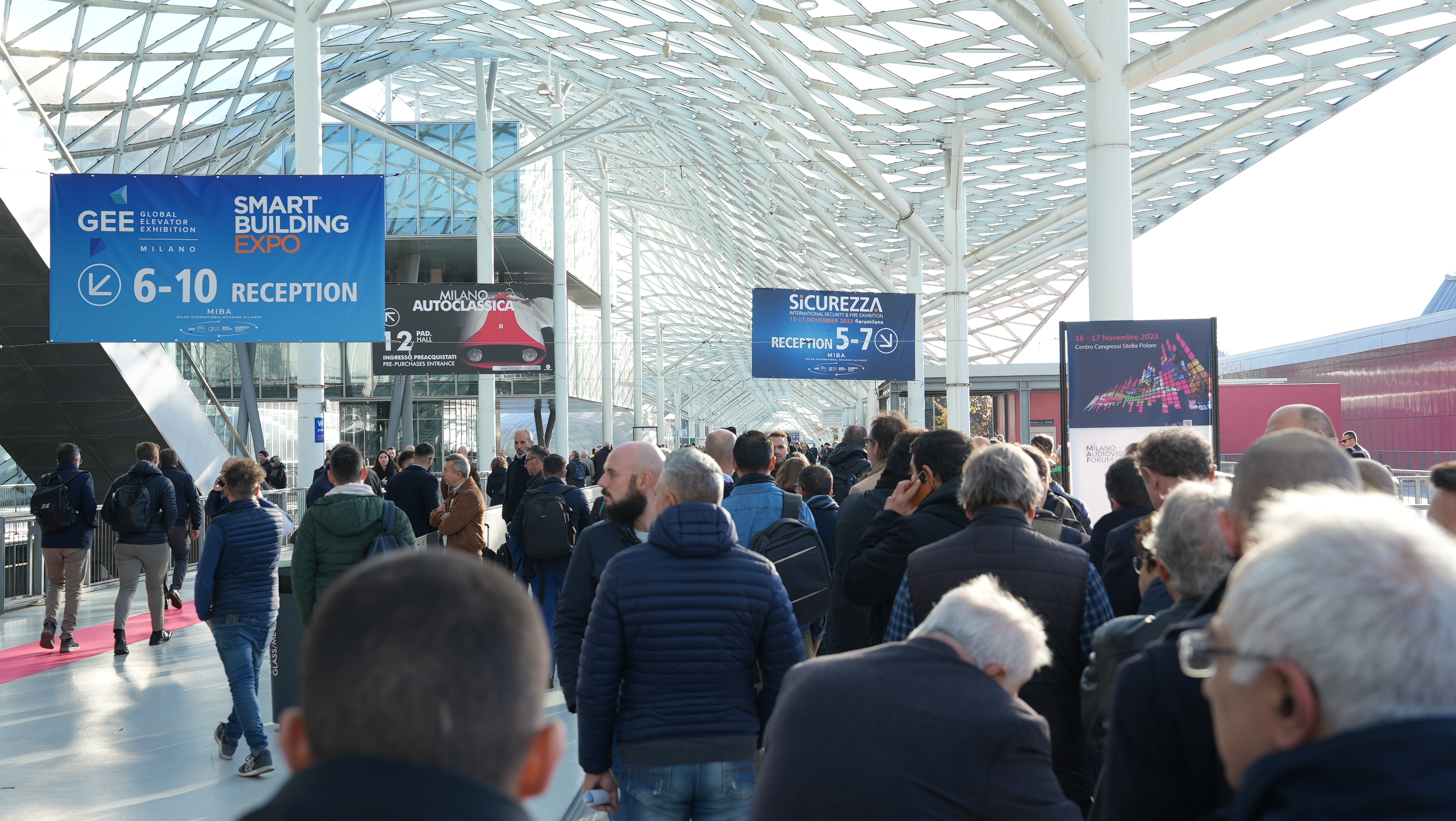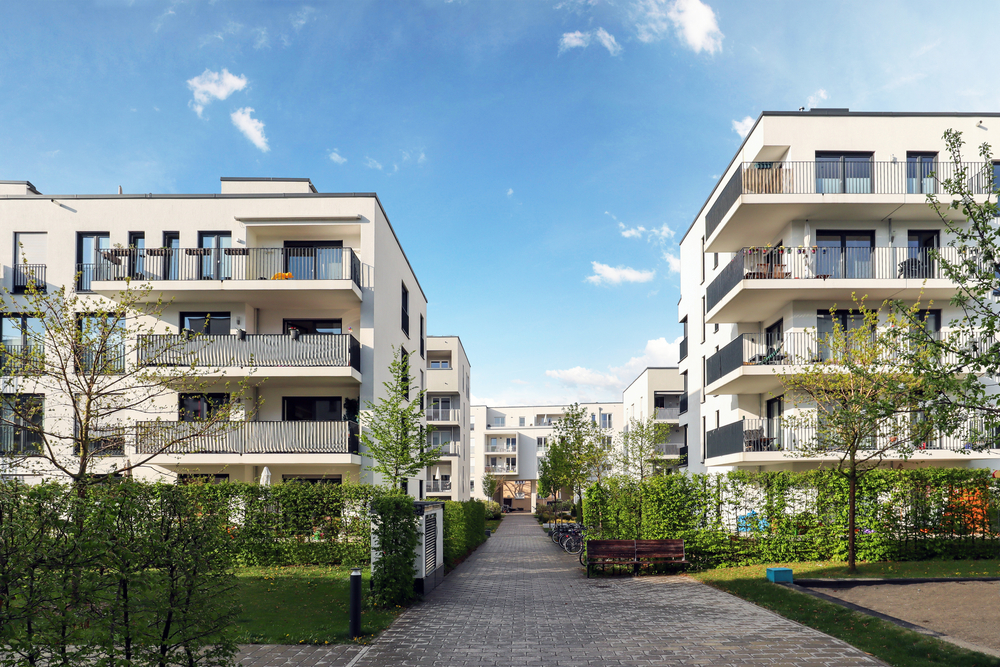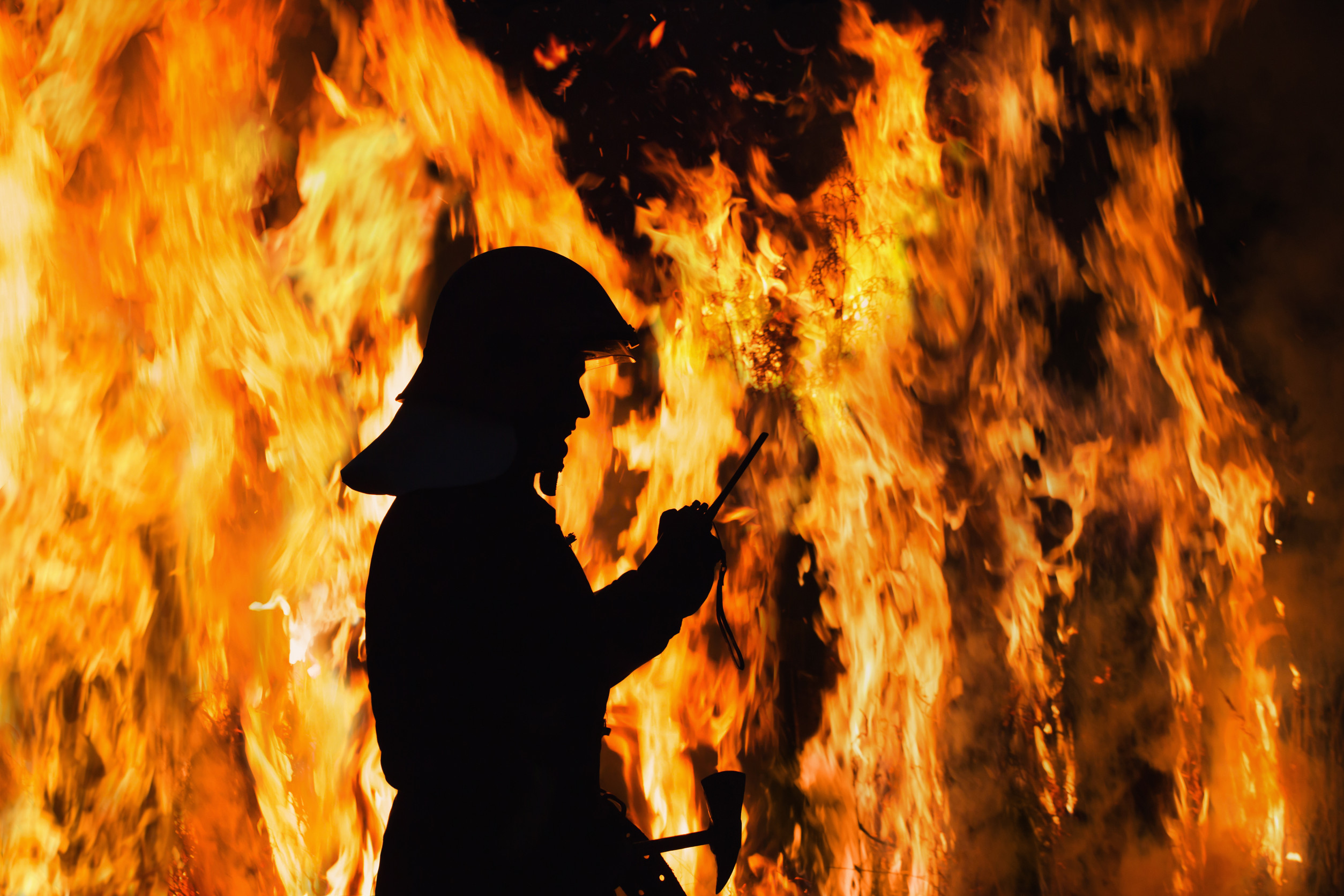Spreading the culture of safety and enhancing knowledge and technical skills while promoting continuous training: these are two of the main objectives on which A.I.P.S., the Italian association of professional security installers, has been working for years as a reference point for operators in the sector. Antonio Avolio, national counsellor and coordinator of the inter-associative project on professional certification, told us about these issues.
“This project was launched more than a year and a half ago, and we actually started to talk about it during the last edition of SICUREZZA.” - specifies Avolio – “We are making a long journey that hopefully will lead us to regulating the certification process through a UNI standard, which would be nice to announce at SICUREZZA 2021, next November at Fiera Milano, where once again A.I.P.S. will surely be present”.
Engineer, we often talk about “state of the art” installations.
How important is the competence of the installer for the quality and reliability of the final result?
The competence and technical knowledge of those who deal with the design and installation are fundamental if we want to create a system to the highest standards. In the field of security, in particular, it is precisely these two elements that make it possible to install according to manufacturer's instructions, but above all that allow improper alarms to be reduced to a minimum. In short, it is the installer's knowledge that allows to manage and overcome the criticality of the system itself. Let's think, for example, of perimeter protection: installing an efficient system requires in-depth knowledge of the technologies, because when we are dealing with exteriors, risk analysis must take into account many factors that can lead to improper alarms. These are elements that only an installer who has deep knowledge of his job and its regulations can foresee and limit, offering the customer a “perfect installation”, in other words an installation to the highest standards.
You are the coordinator of the project on certification, where are we today? Is the Italian sector mature?
We are on our way and important steps have been taken. Since 2012, with Annex K of the standard cei 79- 3, the importance of the installer's knowledge and skills has been highlighted, especially when it comes down to specific technologies.
Something that certainly enhances skills is voluntary certification, which now exists at two levels: EIA, that is the certification of the expert who deals with the design and delivery of the system, and IMI, which instead certifies the installer-maintainer. It’s important to underline that this is a personal certification, in the sense that is linked to the specific skills and knowledge of a specific professional and that, despite being voluntary, over the years it has become increasingly popular. Nowadays many manufacturers are requiring it in order to become part of their network of certified installers and it is often requested also in public tenders, to protect the bidder, but above all to have the certainty of relying on expert professionals.
This is why I hope that the time is now ripe to move towards mandatory certification, which should not be seen as a limitation, but as an opportunity. As I often say in training courses, the standard is a guideline, not something we have to endure. On the contrary, it is a safeguard for the installer's work and can even become a commercial lever when presenting the offer to the customer. Competence makes you competitive and above all allows you to open the eyes of the customer who has often to compare between different offers. Knowing how to point out the limitations of another proposal means that maybe you can get the assignment.
How can a customer tell if an installer is reliable?
It is possible even from his own words: an installer who is aware of the regulations will never say “I'm going to make an inspection”, but “I'm going to do the risk analysis”.
In fact, it is not enough to take a tour of the site to be protected; it is necessary to gather complex information and make a check-list, because only through risk analysis it is possible to identify the essential elements to build a tailored offer, which leads to the right technical-economic compromise without running the risk of an ineffective system.
Risk analysis is a serious matter, it is based on specific and technical knowledge and cannot be done by just anyone. And this is the main aspect that distinguishes a professional system, for example, from a small plug and play system that an ordinary user might decide to install by himself.
Plus, let's not forget that knowledge and competence are linked to the management of responsibility: in Italy whoever installs systems has a specific civil and criminal responsibility and must be qualified to letter B. This is why a serious installer creates certified systems and issues the declaration of conformity in accordance with the DM 37/08, precisely because he is aware of the effectiveness and value of what he has installed. Choosing a serious professional doesn’t mean just having the certainty of a properly working system, but having the certainty that you are protecting your property and especially your family. When we talk about residential installations, sometimes the economic variant can direct to different choices, but often people forget that the failure of an alarm can put their loved ones at risk. This should also be something that the high-level installer presents to the customers, who will then make their own choices.
And finally, let me add that an installer registered with A.I.P.S. can surely offer a guarantee of professionalism to the customer.







